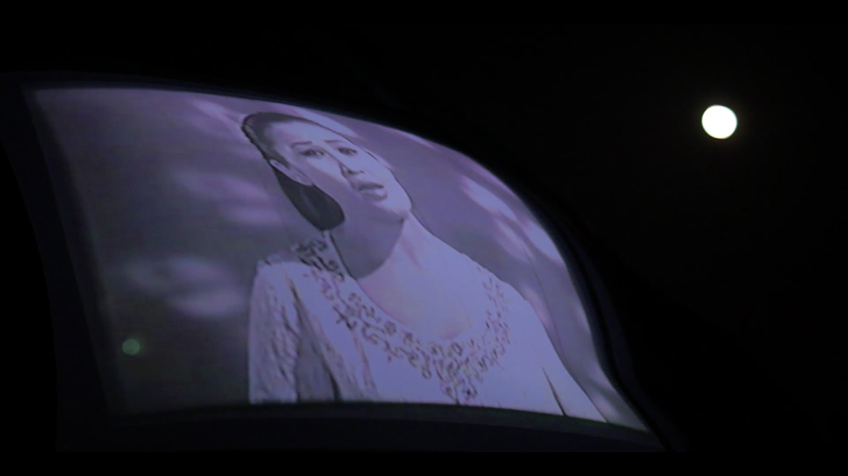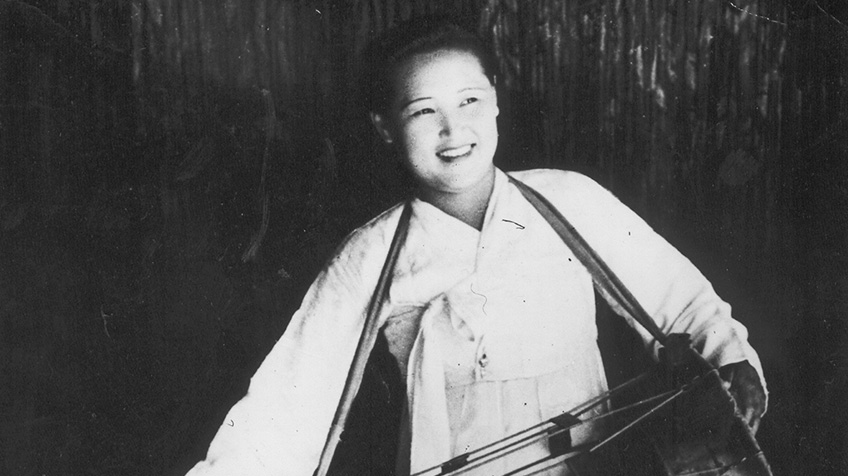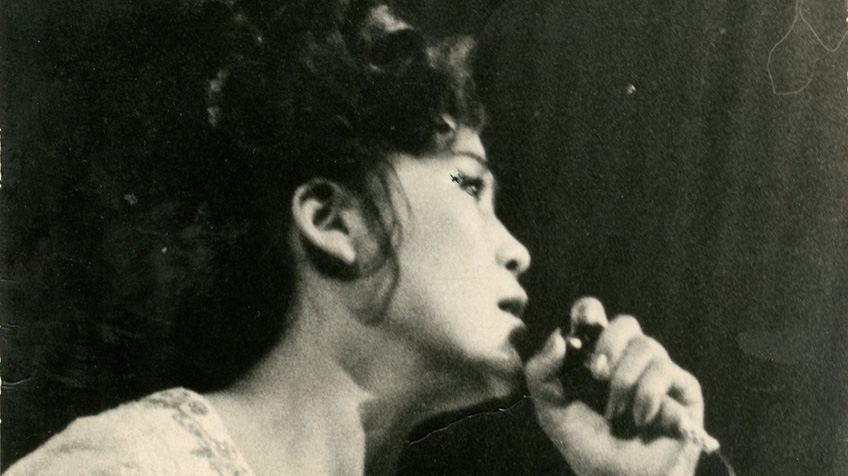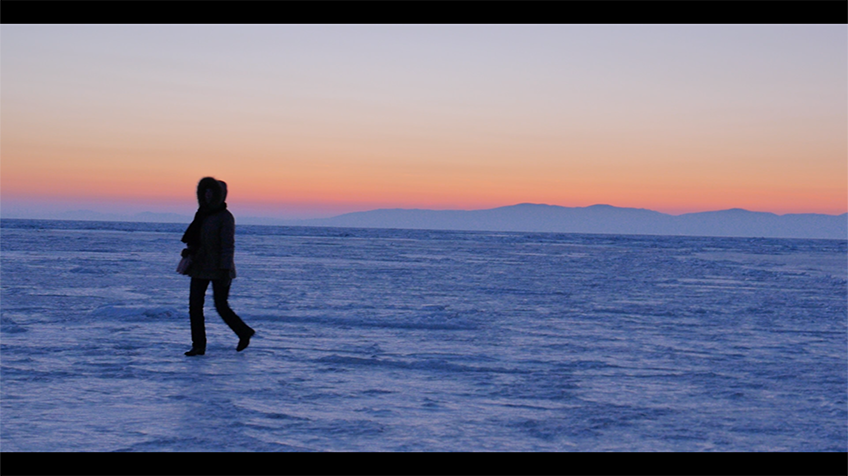Sound of Nomad: Koryo Arirang
 트레일러 재생
트레일러 재생
Kim Jeong
- Korea
- 2016
- 87min
- DCP
- color
Synopsis
This Film starts with a diva of a tragic family history related to a history of migration. This is a testimonial – a witness to injustice and tragedy, but it is also a declaration of survival – a survival that is not static but transformative. The trains that displace, the deserts that separate form one harsh horizon but within that limit, against it and across it are people, are a culture, not escaping
but flourishing unofficially, with the affective majesty of a melody, a rhythm, an Arirang.
Review
During the Japanese colonial period, poor Joseon people migrated to the Maritime Province of Siberia to live and they called themselves as ‘Koryoin’ in the community they built. In 1930s, they were forced to move into the Central Asia as a minority race policy of the former Soviet Union and lived anyway as they dug underground caves in that wilderness. To this unfortunate Koryoin who were expelled from where they migrated from their hometown, one festive day comes like a welcome rain when ‘Koryo Theater’, the Koryoin chorus of Kazakhstan, comes to town.
Two divas of the ‘Koryo Theater’, Bang Tamara and Lee Ham-deok. The film shows the past and the present of Koryo by interviews with Bang Tamara and her daughters as well as the people knowing the late Lee ham-deok, who is remembered as the ‘first Chunhyang’ and ‘the first female people’s actor’.
It is fair to say that the history of Koryoin is the history of migration. Koryo Theater was a nomad itself as they made dances and songs to comfort them and wandered around the former Soviet Union. The camera wandering around the Central Asia to hear memories of two divas seems to be representation of the Koryo Theater itself.
The interviews with people remembering two divas and their singing have another story can’t be replaced by idiomatic expresseions such as ‘we are the Korean people’ although said in Korean. The life of wandering Koryoin in Central Asia and their ‘Koryo Arirang’ singing are not the arirang we are familiar with, it is totally different, the sound of nomad. [Lee Young-ju]
Director
-
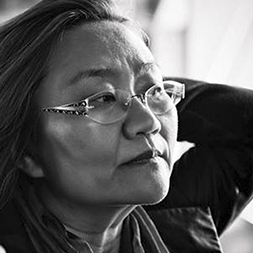
Kim Jeong
Documentary Drifting City (2015)Documentary Heart of Snow, Heart of Blood (2014)Documentary Kim Alex’s Place: Ansan-Tashkent (2014)Feature Film Viewfinder (2010)New Woman: Her First Song (2005) Sound of Nomad: Koryo Arirang is the second of on the survivors and descendants of Stalin’s forced transfer of the Korean population of far eastern Russia into Central Asia. The Koryo people are victims of history, as they settle into lives and rebuild communities in central Asia, they reenter history as agents, as the generations preserve, adopt, adapt, and synthesize the culture, they become the historical memory and the historically described present. This documentary engages in a dialogue with the found footage which reanimates the sound and image of the nomadic past of Koryo people.
Credit
- ProducerKang Jin-seok
- Cast Lee Ham-deok, Bang Tamara
- Cinematography Kang Jin-seok
- Editor Kang Jin-seok
- Sound Jeong Ji-young
Contribution / World Sales
Contribution / World Sales CinemaDAL
Phone 82 2 337 2135
E-mail humi@cinemadal.com
Website http://www.cinemadal.com
